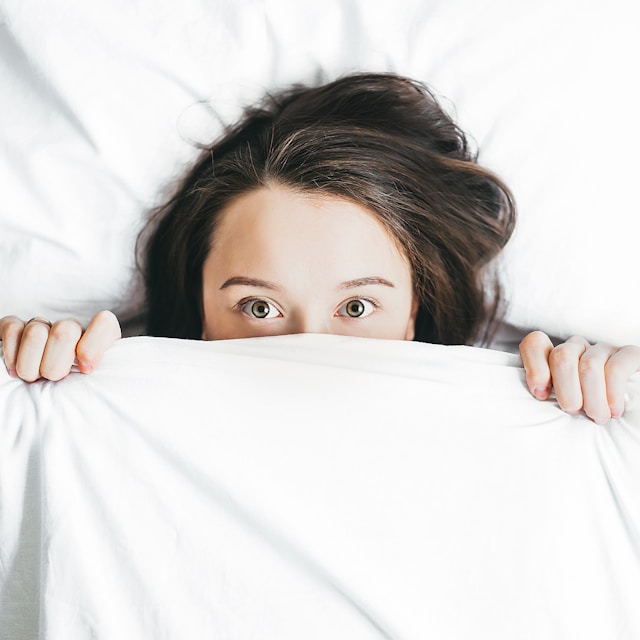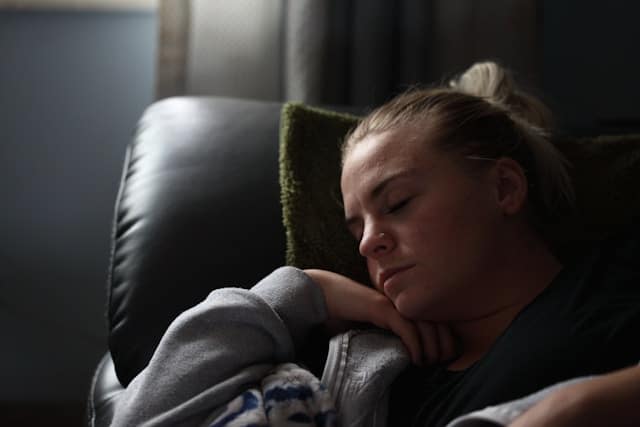Pelvic floor physical therapists often explain to patients that waking up to urinate at night is not ideal. When patients mention waking up multiple times to use the bathroom, they discuss bladder irritants, staying hydrated before bed, and retraining the bladder through habits. These aspects are important, but another critical reason for avoiding nighttime trips to the bathroom is that it indicates we aren’t reaching the essential REM sleep stage.

REM sleep is vital for mood, memory, and learning. During this stage, our bodies secrete antidiuretic hormone (ADH), which helps conserve body fluids by reducing urine production. When hydrated, ADH levels drop, and we urinate every two to three hours. However, ADH’s role in hydration also influences our ability to sleep through the night without needing to urinate.

Adults should urinate every two to three hours, so how can we sleep for eight hours straight? REM sleep increases ADH production, reducing urine output and allowing uninterrupted sleep. If you struggle to enter REM sleep, ADH secretion remains low, maintaining daytime urine production rates and causing nighttime urination.

To avoid this, develop healthy sleep habits that promote REM sleep and ADH production, helping you sleep through the night. However, drinking a large amount of water before bed or consuming alcohol, which inhibits ADH, can increase nighttime urination.
Suggestions for Good Sleep Habits:

- Maintain a consistent sleep schedule by going to bed at the same time every night.
- Establish relaxing bedtime routines like meditation, baths, or listening to music.
- Exercise regularly, but not within two hours of bedtime.
- Reduce nicotine and caffeine intake, especially after noon.
- Avoid eating right before bed; aim for at least two hours between dinner and sleep.
- Limit alcohol consumption, as it disrupts sleep and increases urination.
- Take short naps during the day to build “sleep debt.”
- Use the bedroom only for sleep and intimacy; avoid screens and eating in bed.
- Stop screen time two hours before bed to avoid disrupting your biological clock.
- Ensure your bedroom is comfortable, quiet, and cool.
Following these tips can help you achieve better sleep and reduce nighttime bathroom trips.
